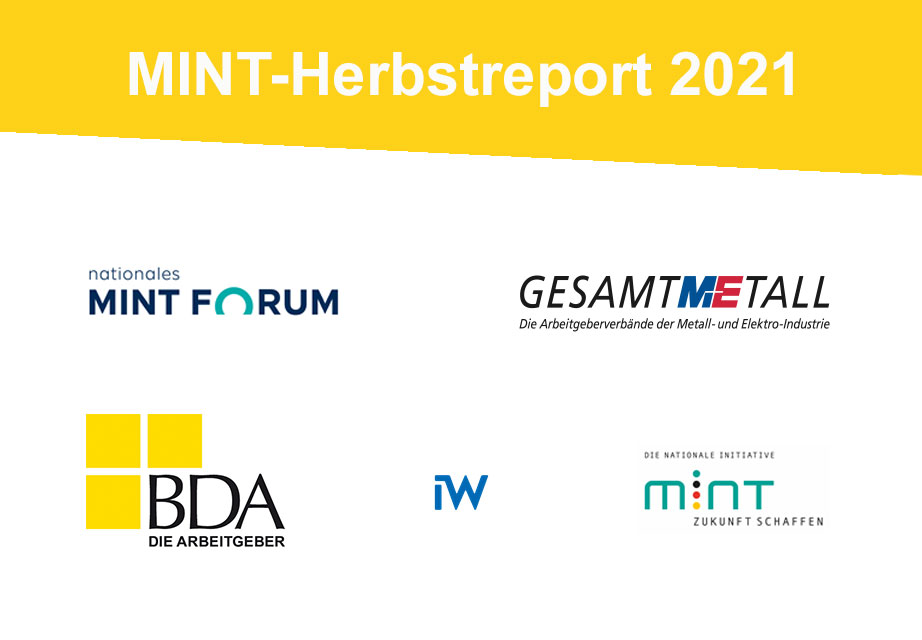- TOPICS
-
-
- Employment and Labour Market
- Labour law and collective bargaining policy
- General applicability
- Industrial action
- Labour & collective bargaining law
- Working time
- Time limit
- Works Constitution
- Bureaucracy reduction
- Data protection
- Protection against discrimination
- Parental leave
- Posting
- Insolvency
- Protection against dismissal
- Minimum wage
- Co-determination
- Mobile work
- Maternity protection
- Pandemic
- Care time
- Self-employment
- Tariff autonomy
- Collective Bargaining Agreement
- Collective bargaining unit
- Tariff policy
- Collective bargaining
- Collective agreement
- Part-time work
- Restructuring
- Holiday law
- Contracts for work
- Whistleblowing
- Temporary work
- Education and vocational training
- Training market
- Professional orientation
- Education policy
- Education 4.0
- Dual education
- dual study
- Permeability
- Early childhood education
- Higher Education Funding
- Lifelong learning
- Teacher Education
- Reorganization of education and training
- STEM Professionals
- Economic education
- Accreditation/Quality assurance
- SCHOOLBUSINESS Germany
- Digitalization and innovation
- Europe and International Affairs
- Social policy and social security
- Old-age poverty
- Work made in Germany
- Occupational safety
- Contribution and registration law
- Company pension scheme
- Shortage of company doctors
- Health insurance
- Long-term care insurance
- Mental health
- Pension insurance
- Riester pension
- Social self-government
- Social insurance
- Accident insurance
- The future of social security
- Taxes & Finances
- Economy & Society
-
-
-
- Newsroom
- The BDA
- Members

STEM skills gap increases significantly - women still strongly underrepresented

MINT Autumn Report 2021: Attracting more women to MINT - meeting the challenges of decarbonisation, digitalisation and demography:
Berlin, 23 November 2021: The demand for skilled workers in the STEM sector (mathematics, information technology, natural sciences, technology) is growing strongly. The nationwide labour shortage in October 2021 totals 276,900 and is thus significantly higher than in October 2020 (then: 108,700) and even higher again for the first time than in the corresponding comparable month before Corona in 2019 (October 2019: 263,000). Structural effects from digitalisation, decarbonisation and demographics will once again significantly increase demand in the coming years, while the pandemic is likely to lead to a decline in the number of young STEM professionals. Furthermore, the low proportion of women in STEM professions of only 15.5 percent (March 2021) is worrying.
Prof. Dr. Axel Plünnecke, Head of the Competence Field Education, Immigration and Innovation at the Institute for Economic Research in Cologne: "Without the immigration successes of recent years, there would be a shortage of around 280,000 additional STEM specialists in Germany today and the gap would be over half a million. Demand will increase in the coming years: The annual demographics-driven replacement demand for STEM skilled workers and STEM academics alone will increase by 27,000 over the next five years. For the development of climate-friendly technologies and products, 63 percent of larger companies expect an increasing demand for IT experts, 43 percent for engineers and 32 percent for other STEM workers. In addition, digitization affects all companies, and the need for IT users will increase in more than half of all companies and 86 percent of larger companies."
Dr. Michael Stahl, Managing Director Education and Economics of the employers' association Gesamtmetall: "The pandemic-related school closures have interrupted important career information. In addition, a decline in STEM skills is to be expected among schoolchildren. This is of great concern to us, as it means that there is likely to be a shortage of suitable applicants for dual vocational training and that the already low proportion of women will stagnate. However, securing the next generation of STEM workers is particularly important for industry in order to set the course for digitalisation and decarbonisation, and thus for sustainable growth, via innovations. Around 37 percent of STEM employees work in the M+E industry. The M+E industry invests around 105 billion euros per year in innovations - that is 60 percent of Germany's innovation expenditure. 75 percent of all patent applications in Germany come from the M+E industry - climate protection and decarbonisation are becoming much more important."
Dr. h. c. Thomas Sattelberger, Member of the German Bundestag/Chairman of the Board of the National Initiative MINT Zukunft schaffen: "For the future of Germany as a location for innovation, we must make much better use of the MINT potential of girls and young women. In lower secondary school, for example, only 8.3 percent of girls can imagine working in a MINT profession later on. Among first-year students in mathematics and the natural sciences, the proportion of women in 2020 is comparatively high at over 50 percent, while in electrical engineering and information technology at 16.3 percent and computer science at 22.9 percent it is still low. This puts pressure on the innovative strength of our country. The motivations for STEM are high: 62 percent of young women aged 17 to 24, for example, are very concerned about climate change compared to 46 percent of young men. More integration of sustainability issues into school curriculum and extracurricular initiatives, more stereotype-free career and college orientation, and better feedback on girls' and women's strong skills could attract more young women to STEM education and study."
Edith Wolf, Executive Director of the National MINT Forum: "MINT education is crucial for the acquisition of comprehensive future competencies and a central element of education in an increasingly digitalized world. We expect a new government to make a strong commitment to promoting STEM education along the entire education chain and especially with regard to the potential of girls and women. Suitable instruments are the expansion of extracurricular STEM offerings, initiatives, clusters and regions. To this end, the 2019 STEM Action Plan should be updated, supplemented and increased. In addition, extracurricular offerings should increasingly be structurally linked to schools. All-day schooling lends itself to this - the legal entitlement that has been adopted opens up a window of opportunity that should definitely be exploited. There is also massive pressure to act in the area of STEM teachers. Universities have a central role to play in remedying the shortage of teachers: by providing incentives for improving the first phase of teacher training and by involving them in the continuing education and training of teachers or career changers. Concrete federal-state programmes could be a quality offensive for teacher training QLB II with a focus on the third phase in conjunction with the establishment of competence centres for digital and digitally supported teaching.
>> Download the MlINT Autumn Report 2021
>> The MINT Autumn Report 2021 as Executive Summary for Download
About the MINT Report: The MINT Report is produced twice a year by the Cologne Institute for Economic Research. The study is commissioned by the following members of the National MINT Forum: Confederation of German Employers' Associations, Employers' Association Gesamtmetall and MINT Zukunft schaffen.






